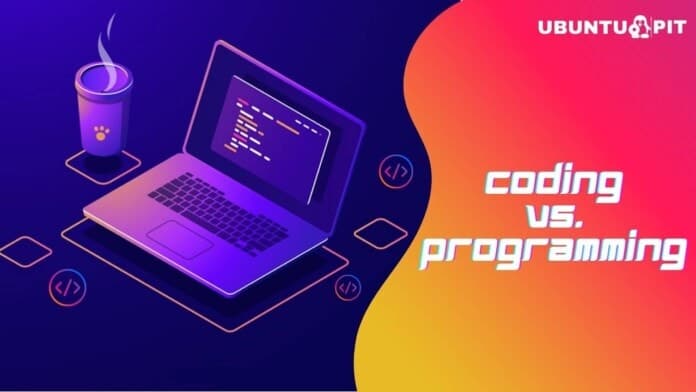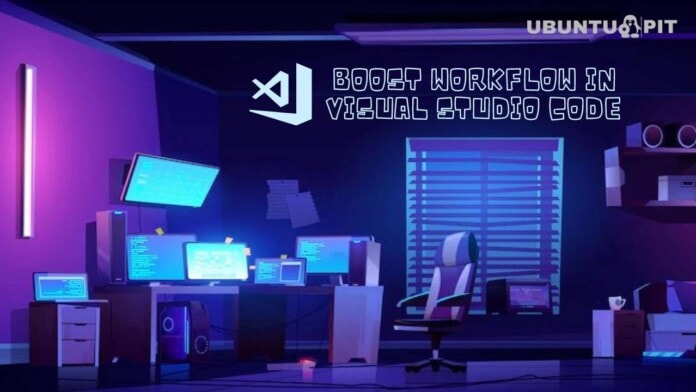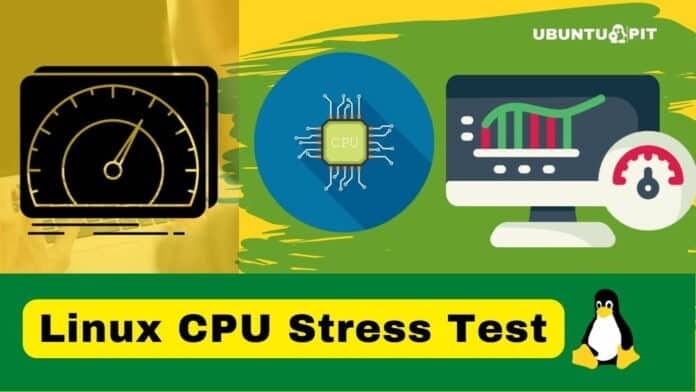Coding vs. Programming, the debate regarding the two terms being the same or not, has been going on for decades. It is a question that every tech beginner always considers and confuses. Sometimes, even the experts use the terms interchangeably because they do not believe that the differences matter much.
But in reality, coding and programming are different. There are many factors where they differ, and it takes people years of experience to truly understand them. However, the IT industry uses both these fields to develop softwares that impact our daily lives – so they’re equally important.
What is Coding? How Does it Work?
 Computers cannot understand human language. But it can run commands through programs by translating them into a binary language that computers understand. This is where coding comes into play. It is the task of writing programs that can be translated by the computer and then executed. In theory, there are four varieties of coding: source, channel, cryptographic, and line.
Computers cannot understand human language. But it can run commands through programs by translating them into a binary language that computers understand. This is where coding comes into play. It is the task of writing programs that can be translated by the computer and then executed. In theory, there are four varieties of coding: source, channel, cryptographic, and line.
- Source coding takes in data and works to narrow it down to a more user-friendly version of it.
- Channel coding is basically detecting, debugging, and fixing errors in a program.
- Cryptographic coding uses cryptography to relay messages and keeps data secure by encryption.
- Line coding is used for data transmission by transforming electric signals into binary codes that the computer can read.
What is Programming? How Does it Work?
 Programming is a complete package. It deals with designing and developing programs through algorithms, flowcharts, language implementation by coding, translation, error correction, and execution. One can quickly notice that programming is not a one-and-done task. It takes dedication and passion for the program. There are five key categories of programming – Object-oriented, Logic, Procedural, Functional, and Scripting.
Programming is a complete package. It deals with designing and developing programs through algorithms, flowcharts, language implementation by coding, translation, error correction, and execution. One can quickly notice that programming is not a one-and-done task. It takes dedication and passion for the program. There are five key categories of programming – Object-oriented, Logic, Procedural, Functional, and Scripting.
- Object-oriented programming deals with breaking bigger chunks of code into more minor bit-sized problems that can are more efficient to execute.
- Logic programming uses boolean logic gates to come up with data output.
- Procedural programming is simply following pre-existing procedures to build new programs.
- Functional programming is used to create pure functions that are later used as variables to create complex softwares.
- Scripting programming uses specific script languages to write programs that other programs can use for added functionality, much like extensions.
Coding vs. Programming: The Differences
 Keep reading! Our aim today is to walk you all through an in-depth discussion about how coding vs. programming compares. So, now that you know what coding and programming are and how they work – let’s see their seven most significant differences below.
Keep reading! Our aim today is to walk you all through an in-depth discussion about how coding vs. programming compares. So, now that you know what coding and programming are and how they work – let’s see their seven most significant differences below.
1. Prerequisites
When it comes to coding, one needs to know how to write codes and use integrated development environments (IDEs) to build modules and libraries that can help operate softwares. In short, coding strictly focuses on writing efficient codes and working on ways to make those codes work even better.
Programming, on the other hand, deals with developing softwares from start to finish. They include coding, working with different libraries and tools, understanding hardware and how they may affect a software’s usage, knowing how algorithms and other technical aspects work, etc. It is the whole package required to develop programs that are used in real-time.
2. Syntax
Coding syntax differs quite a bit from programming syntax. In coding, the goal is to write codes that both humans and computer devices can understand. It might entail converting codes from one programming language to another so that users can understand the code better. One does not need to know any ground rules regarding how they must write codes.
Programming syntax does not come with that flexibility. If your program isn’t set up to run in an orderly manner, it might malfunction or not run at all. The reasoning behind this is that programming happens in several stages, and if those stages aren’t running sequentially, the output may not be as desired.
3. Learning Curve
Learning to code and program comes with a lot of benefits. But one thing that newbies get confused about is the learning curve. Someone aiming to learn to code may often lose track and learn to program. The internet is often behind this mishap – the terms aren’t differentiated much and are often used interchangeably.
Coding often only requires going over programming languages, learning to use how IDEs work, and implementing the knowledge to create modules and libraries while keeping resource wastage in mind. Learning to program, though, is a lot bigger task and one needs to understand other fields, such as data science and machine learning or Ai.
4. Uses
Uses of coding vs. programming may differ from one another, but in the long run, they mostly work as a duo. Coding may be used to create websites, start E-commerce businesses, freelance, and do other web-based tasks. It works with both the frontend and the backend side of web-based tools but is also very necessary when it comes to programming.
Programming, on the other hand, often deals with both web-based and offline applications. It can do all the tasks that coding entails and more. The career aspect in programming is much broader than career opportunities in general coding. One can even say that coding is a subset of programming regarding its uses.
5. Aim
The aim of coding is to translate and make it easier for others to read the codes so that a route of communication is created for the softwares developed by programmers to be connected with the computer system. Softwares make use of it by taking user inputs and instructions through a series of codes that translate user commands into machine language and execute the task.
On the other hand, programming aims to develop software solutions for real-world problems that can improve a user’s life. IT firms often work solely to create such softwares on clientele demands and as their own projects that they can later launch into different markets and earn revenues as their user-base grows.
6. Tools
Coding tools are mostly limited to integrated development environments and their extensions. For instance, to write Java codes, one may need to install both Netbeans and JDK for the codes to work. However, some web-based tools also exist that use a variety of different languages and built-in compilers such as Cppshell for C++ and C language.
Programming tools, on the other hand, include all the tools for coding and more. There might be different tools used for assembling, debugging, and compiling, GUI tools for graphics, and much more used to care for all the programming needs. Examples of such tools can be VS code, Eclipse, CodePen, Processing, etc.
7. Learning Time
From what we have talked about till now, it should become clear that coding is a much smaller task when compared to programming. There are plenty of resources that tell you how to learn programming and coding. However, the first step to learning programming is to learn to code – one should only move on to other parts once they have mastered coding.
That said, the average time to learn to code is about three to six months for learning syntaxes and another month to implement those concepts into problem-solving fluently – so it’s about four to seven months in total, depending on the person’s learning capacity. Programming, on the other hand, takes the time needed to learn coding and more – it’s basically neverending.
Coding Vs. Programming: Which Is better?
 When it comes to the comparison between coding vs. programming, concluding which is better is not too significant. Coding and programming should work hand-in-hand to complete a bigger picture of solving a user’s problems. However, the opinion varies from person to person and their expertise. Hence, if you ask our view on the matter, we would definitely choose to program over coding as it’s a complete package and more versatile.
When it comes to the comparison between coding vs. programming, concluding which is better is not too significant. Coding and programming should work hand-in-hand to complete a bigger picture of solving a user’s problems. However, the opinion varies from person to person and their expertise. Hence, if you ask our view on the matter, we would definitely choose to program over coding as it’s a complete package and more versatile.
Benefits of Coding and Programming
 Keeping aside the coding vs. programming comparison for a minute, we must appreciate the benefits of coding and programming as a whole instead of looking at the two as opponents. Let’s see the four most significant ones below.
Keeping aside the coding vs. programming comparison for a minute, we must appreciate the benefits of coding and programming as a whole instead of looking at the two as opponents. Let’s see the four most significant ones below.
1. Improves Critical Thinking Skills
The most significant benefit of learning to program and code is that it trains the mind to think more logically. This helps them to implement their concepts into solving real-time issues later on. It doesn’t matter if someone is right-brained or left-brained; both coding and programming require problem-solving to make a person accustomed to critical thinking.
2. Promising Income Source
Another massive benefit of coding and programming is that any career opportunity in this field comes with a promising source of income in the long run. The average salary of a coder and a computer programmer is about $48,381 and $74,013 per year, respectively. Some may even earn passive income from their projects as the IT industry is currently in high demand.
3. Flexibility to Work Remotely
Long before the pandemic hit, coding and programming jobs were the ones that offered people to work remotely and with flexibility. The best thing about such jobs was that you could literally work from the comfort of your bed and in your own time. The only downside to this was that it gave coders and programmers a reputation of being socially awkward or even antisocial.
4. Versatile Career Prospects
Both coding and programming have opened up a vast world of career opportunities to the world. As it is now the era of technology, the career prospects of coding and programming can be seen in also every field. From government jobs to freelance, biotechnology fields, forensics, and much more – one can see the use of coding and programming worldwide.
Coding vs. Programming: FAQs
 We are nearing the end of our discussion today. However, before ending, we must take a look at four of the most frequently asked questions about coding vs. programming below to give you a clearer picture of their differences.
We are nearing the end of our discussion today. However, before ending, we must take a look at four of the most frequently asked questions about coding vs. programming below to give you a clearer picture of their differences.
Q: Which is easier, programming or coding?
A: Coding is definitely much easier than programming as you do not need to worry about other software development complexities as you would in programming.
Q: Are programmers and coders the same?
A: No, they are two different professions. However, a programmer can be a coder, but a coder cannot be a programmer. Coding is a part of programming, but there’s much more to it.
Q: Does coding require math?
A: Yes, mathematics is a crucial part of coding as well as programming. While it doesn’t require doing maths directly, the mathematical concepts are essential in problem-solving.
Q: Do you need a degree to be a coder?
A: No, you do not need a degree to be a coder. There are many CS degrees worldwide, but they are not mandatory for programming or coding jobs. The coding skills matter the most.
Finally, Insight!
This brings us to the end of our coding vs. programming comparison today. In summary, we can see how coding and programming vary in several ways and how they might affect the learning curve of a person aiming to dive into coding or programming.
There are tons of resources to look at if coding or programming piques your interest. Most such resources are usually free of cost, but the difficulty level varies from language to language. That was all for today – if you found this an exciting read, leave us feedback. Thanks!


